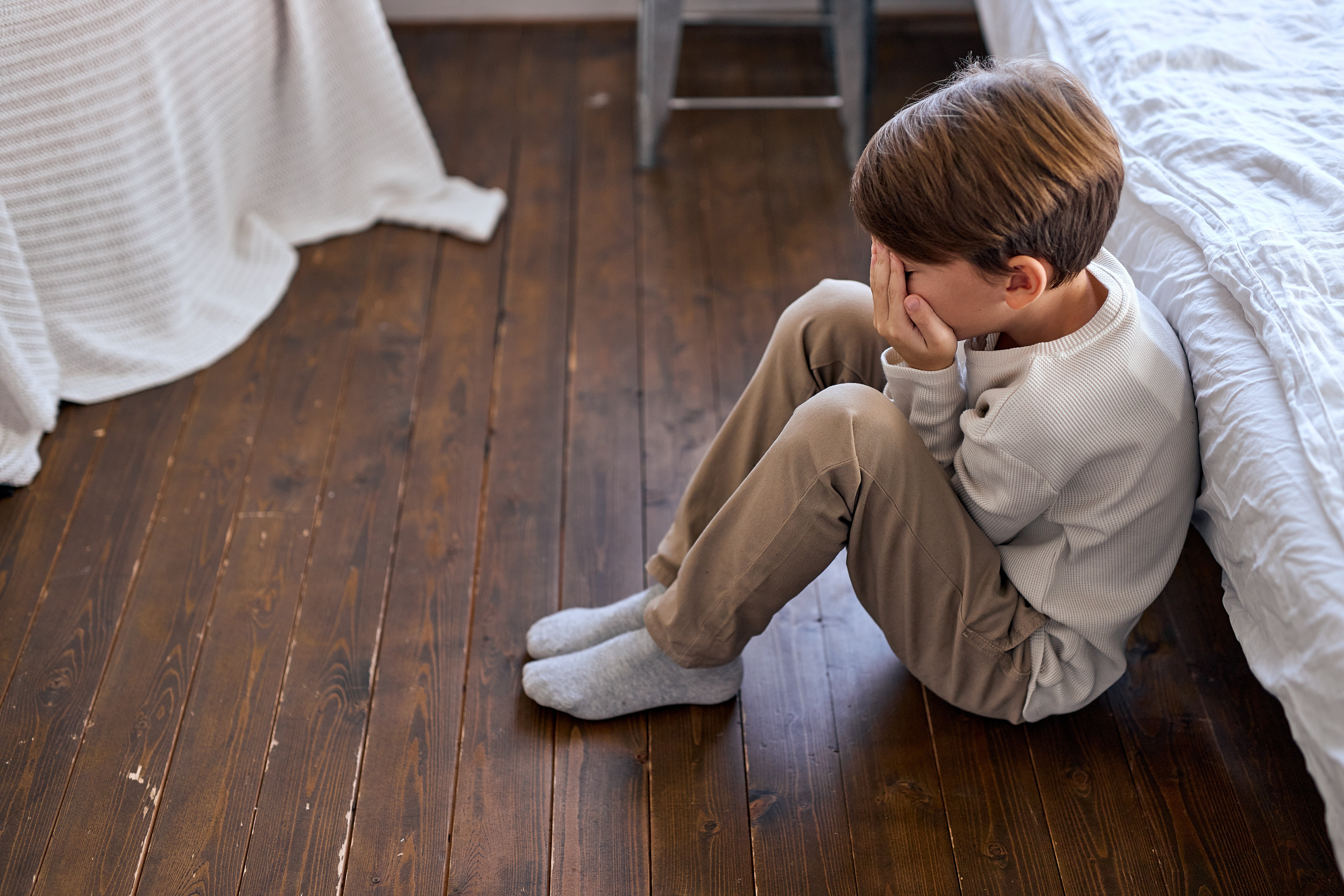
While it may seem that everybody is living a lavish lifestyle with riches beyond their wildest dreams, social media only shows curated snippets of complicated lives that leave out the day-to-day monotony and struggles, because who wants a reminder of those when most pick up their phones for distraction from their own?
There's a lot of pressure to be great, which makes it more important than ever to be okay with being okay.
The pressure to be great
Our children feel the pressure to be the best more than anybody else. Whether it's the daily struggle to fit in with peers, family expectations and obligations, maintaining good grades, excelling at a sport, or participating in extracurricular activities, there's a lot of weight to carry around. Especially when adults keep asking them: So, what do you want to be when you grow up?
Children are often taught from a young age that what they achieve is tied to how well they are liked, or even loved. Most caregivers are guilty of conditional parenting at times. Here are some examples.
- Only praising them when they succeed in sports or academics, and tying their success to how proud you'll be of them: "I'll be so proud of you if you get an A in your exam."
- Frustration when they don't do something exactly right or withholding your love when behavioral issues arise: "Go to your room. I can't look at you right now!"
- Setting expectations that might not be attainable for every child and not taking into consideration their unique needs and wants. "So, do you want to be a doctor or a quarterback?"
In a society and education system built around results and conditional love, parents and caregivers should strive to create the right environment for our children to learn and read, master an instrument, or play a sport because they genuinely want to, not always because it results in praise or love at home. That’s why it’s important for parents to make their home and relationship a safe and loving place, unconditionally, for their child.
- Focus on effort, teamwork, and having a good time instead of results: "You worked really hard to prepare for that game/exam."
- Communicating better with a child involves taking an interest in what they have learned, rather than focusing on performance, to build self-esteem and motivation.
- Avoid turning activities into "resume boosters" quantified with success and not enjoyment.
- Create comfortable, welcoming spaces for children to do what they love.
As Alfie Kohn, author of Unconditional Parenting, put eloquently: "Children don't just need to be loved; they need to know that nothing they do will change the fact that they're loved."
What's wrong with reaching for the stars?
Nothing, but the pressure to achieve by working themselves to the ground can have a damaging toll on a child's health. Like adults, children can experience burnout, made worse by poor diets and lack of sleep (common teenage behaviors). Burnout is a chronic response to stress, which can stem from the stress of achieving the best grades, participating in sports, or even social pressures. Common symptoms include chronic tiredness, social withdrawal, and even physical issues like headaches and stomach issues.
A scientific review into the phenomenon of student burnout concluded that a "supportive school environment that encourages the development of psychosocial needs, positive social and familial support, the adoption of adaptive coping strategies, and the maintenance of a healthy lifestyle can help in lowering the risk of burnout."
While parents can’t always do much to change their child's school environment, they can open up good lines of communication with them to understand what is happening there. What can help is providing the positive social and familial support they need. Take up an activity together that you're both new to, and have no expectations set on performance, letting them know: it's okay just being okay.
Developing adaptive coping strategies can be challenging, especially when children are experiencing intense emotions. Fortunately, you don't have to do it alone. The Miami Children's Trust helps fund the University of Miami CAMAT program, which aims to "develop and test state-of-the-art psychotherapy approaches for anxiety and depression in children." Families with qualifying children can attend free small group meetups, where they'll learn skills to manage strong emotions.
For more programs that can help, visit the “Find A Program” page on The Trust’s website at https://www.thechildrenstrust.org/parent/programs/.